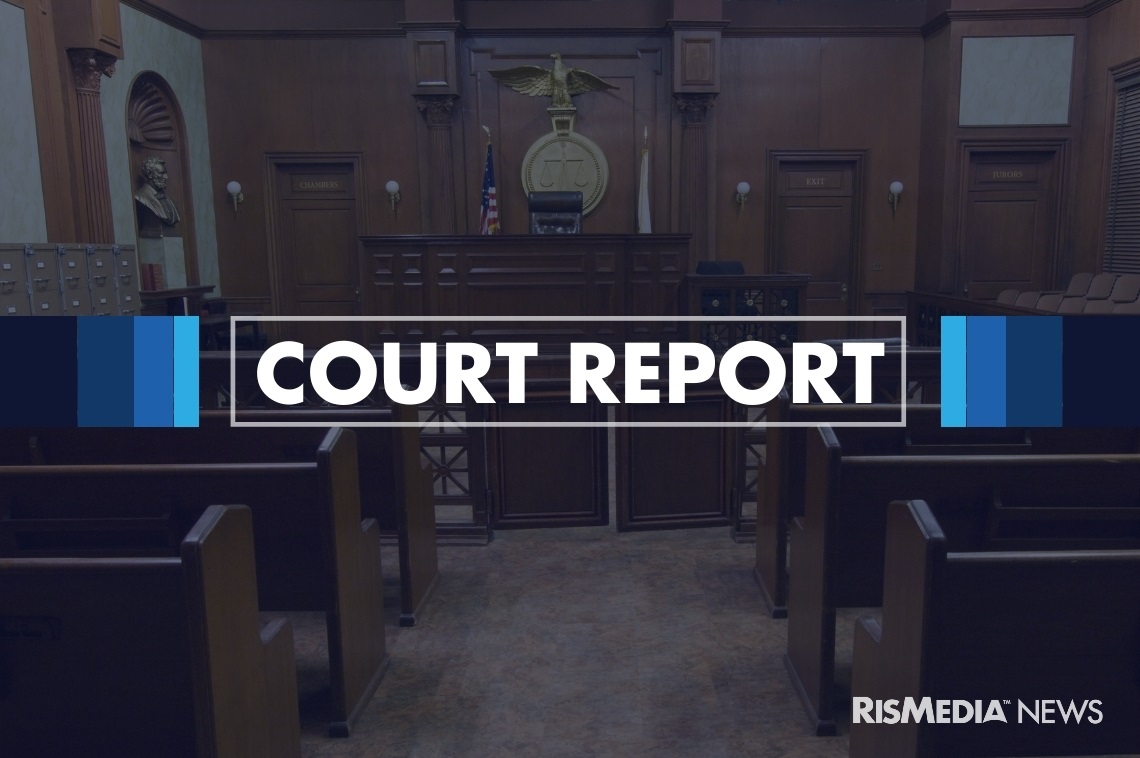Editor’s note: The COURT REPORT is RISMedia’s weekly look at current and upcoming lawsuits, investigations and other legal developments around real estate.
In the latest news from courthouses across the country in real estate, broker lawsuits claiming that restrictions on MLS access are illegal saw some new developments, as those claims continue to be hotly debated both in and outside the industry. Three defendants in the largest commission copycat case are also showing no signs of backing down, even as the majority of brokerages have settled, putting pressure on a federal judge to step down or allow them to move the case to a new district (for several reasons).
Here is the latest news from lawsuits affecting real estate.
Latest MLS access lawsuit drops in Georgia
The number of lawsuits filed by agents or brokers alleging that rules around MLS access are anticompetitive is now at least five, as Georgia-based broker Jerome Pilko sued the National Association of REALTORS® (NAR) and local associations last week based on the “three-way agreement” and other policies.
While a handful of other brokers have filed similar lawsuits around the country, Pilko’s claims are notable in that he is represented by an attorney (most other brokers are self-represented) and that he is also suing in Georgia, the state where a landmark circuit court ruling in the 1990s pushed NAR to change policies.
Pilko also extensively cites a New York Times investigation regarding NAR’s spending and executive salaries, citing this as evidence that the organization has been “unjustly enriched” through inflated membership fees. As a member of four associations, Pilko claimed he has paid over $26,000 in dues and special assessments over a 37-year career.
Georgia is one of three states where so-called “Thompson brokers” operate, named after the aforementioned circuit court case that disallowed NAR from requiring REALTOR® membership for MLS access. While Pilko acknowledges in the lawsuit that agents “may sometimes” still have MLS access without membership, he claimed they often pay more or can still be barred, without providing further evidence.
Howard Hanna fires back at judge in recusal dispute
After Judge Stephen R. Bough excoriated an attempt by independent brokerage Howard Hanna to have him step down from the largest Burnett copycat case (known as Gibson), the company fired back last week, countering one of the key factual issues Bough had disputed—specifically, whether or not lawyers representing Howard Hanna attended the first Burnett settlement hearing, when Bough disclosed alleged conflicts of interest in the case.
“Hanna Holdings writes to clarify that its local counsel was not in the courtroom,” wrote one of Howard Hanna’s attorneys, adding that the law firm checked its billings and polled attorneys to make sure there wasn’t any mistake.
In his response last week, Bough claimed he had noticed attorneys from the law firm that is representing Howard Hanna in the audience at that hearing, referring to a transcript where he called out the firm by name. The company says it did not learn of the alleged conflicts of interest until January of this year.
Bough had also questioned other elements of Howard Hanna’s arguments, including the timing of the initial filing and the characterization of political donations to his wife’s city council campaign—the foundation of the alleged conflict. Bough had previously asked attorneys in the Burnett case if he should recuse himself, but Howard Hanna has noted he did not do the same in Gibson.
Berkshire Hathaway Energy (BHE), the parent company of HomeServices and another defendant in the case, had previously joined Howard Hanna’s push for Bough’s recusal.
Plaintiffs push back on attempts to transfer defendants in Gibson
Howard Hanna is also currently asking Bough to let them move the case to Pennsylvania, where the brokerage does most of its business. Joining them is Cry-Leike, asking to move its case to Tennessee, and BHE, which wants its case in Iowa.
Although Bough previously denied these requests, an appeals court recently directed him to reconsider.
Plaintiffs in the case jumped in last week to argue that changing venues is not appropriate, arguing that moving the cases would be inefficient, and risk having other judges offer “conflicting” rulings. They also push back on accusations by BHE that the choice of Bough’s district in Missouri was “forum shopping”—an attempt to find a favorable venue for specific claims due to favorable rulings from a judge or a sympathetic jury pool.
“BHE suggests forum shopping is evident from Plaintiffs naming BHE as a Defendant and filing this case in the same forum where a favorable jury verdict was obtained in Burnett. This allegation is baseless. Three of the co-lead firms are based in or near the District, and so naturally filed suit here. And the majority of the named Plaintiffs have a connection to this District,” the plaintiffs wrote.

